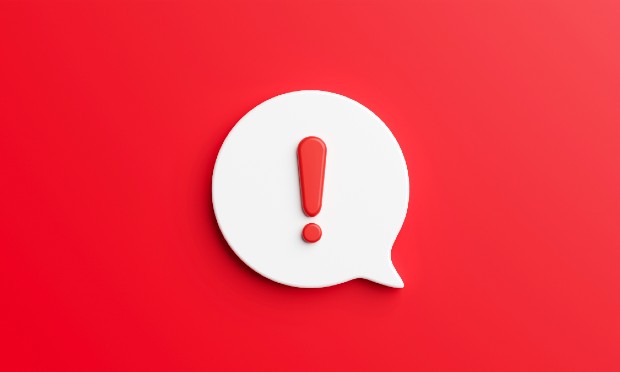Those who go to bed early tend to have healthier diets, according to a data published by Jawbone, the maker of popular wearable fitness trackers.
Those who hit the hay before 11 p.m. consume less alcohol, caffeine, refined sugar, and processed foods than those who go to sleep between 11 p.m. and 3 a.m.
It's not clear from the data whether late nights are themselves contributing to poor food choices or whether those who have later schedules (or more flexible schedules) happen to have worse diets due to factors unrelated to their sleep patterns.
Continue Reading for Free
Register and gain access to:
- Breaking benefits news and analysis, on-site and via our newsletters and custom alerts
- Educational webcasts, white papers, and ebooks from industry thought leaders
- Critical converage of the property casualty insurance and financial advisory markets on our other ALM sites, PropertyCasualty360 and ThinkAdvisor
Already have an account? Sign In Now
© 2024 ALM Global, LLC, All Rights Reserved. Request academic re-use from www.copyright.com. All other uses, submit a request to [email protected]. For more information visit Asset & Logo Licensing.








